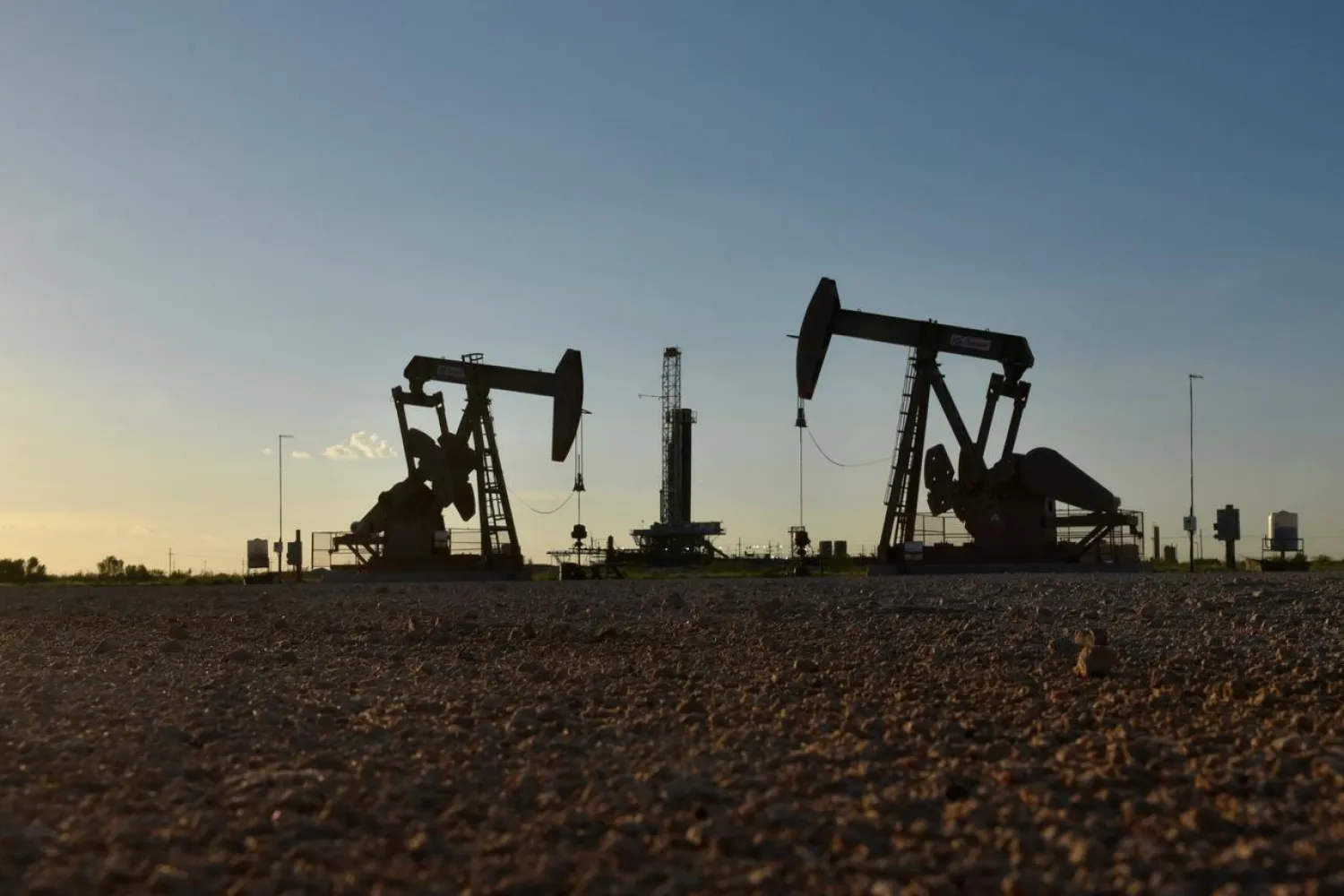Saudi Arabia's Industrialization and Energy Services Company (TAQA) announced Monday its plan to start new investments and acquisitions, worth SAR4.5 billion ($1.2 billion), over the next three years.
The announcement was made on the sidelines of its participation in the Offshore Technology Conference (OTC) in Texas as part of the company’s 2021 strategy to become a leading oilfield services and equipment (OFSE) provider.
TAQA seeks to build up its capabilities and footprint in oilfield services, equipment manufacturing and new technologies across the wider MENA region and North America.
“TAQA's planned investments in North America complement our Middle East expansion ambitions and are a key component of our 2021 strategy, which aims to deliver the best, most advanced integrated oilfield services and manufacturing solutions to our clients,” said CEO of TAQA Azzam Shalabi.
“We are actively seeking to tap into the latest technology and manufacturing practices in this market, especially in the unconventional resources space, where we see significant growth opportunities,” he added.
“These new offerings and expertise will be brought back to our clients in the Middle East region to ensure they get access to world-class, high quality services.”
TAQA’s expansion program includes acquiring two companies in the North American oilfield services technology and manufacturing sectors by the end of the year.
These acquisitions would add specific new technologies and manufacturing capabilities to its existing integrated OFSE offering.
It is also reviewing a number of further investment and acquisition opportunities in the wider Middle East region as part of its goal to become a leading regional player.
TAQA provided further details on its 2021 strategic transformation plan, which has been underway since 2017, when it acquired Canadian well services company, Sanjel.
Since then, it has invested in a 50,000-horsepower FRAC fleet that will be commissioned and fully operational later this year and expanded its drilling subsidiary, the Arabian Drilling Company (ADC), with the commissioning of an additional 16 onshore rigs in 2018.
Economist Abdulrahman al-Atta told Asharq Al-Awsat these acquisitions will enhance production and services, increase financial capacity, efficiency and competitiveness and help secure financing from international banking institutions.
He noted that the expansion of activity, market acquisition, increased competitiveness and profit to entice investors in the field of energy technology provide new opportunities to enable SMEs to grow beyond some of the problems they face.









